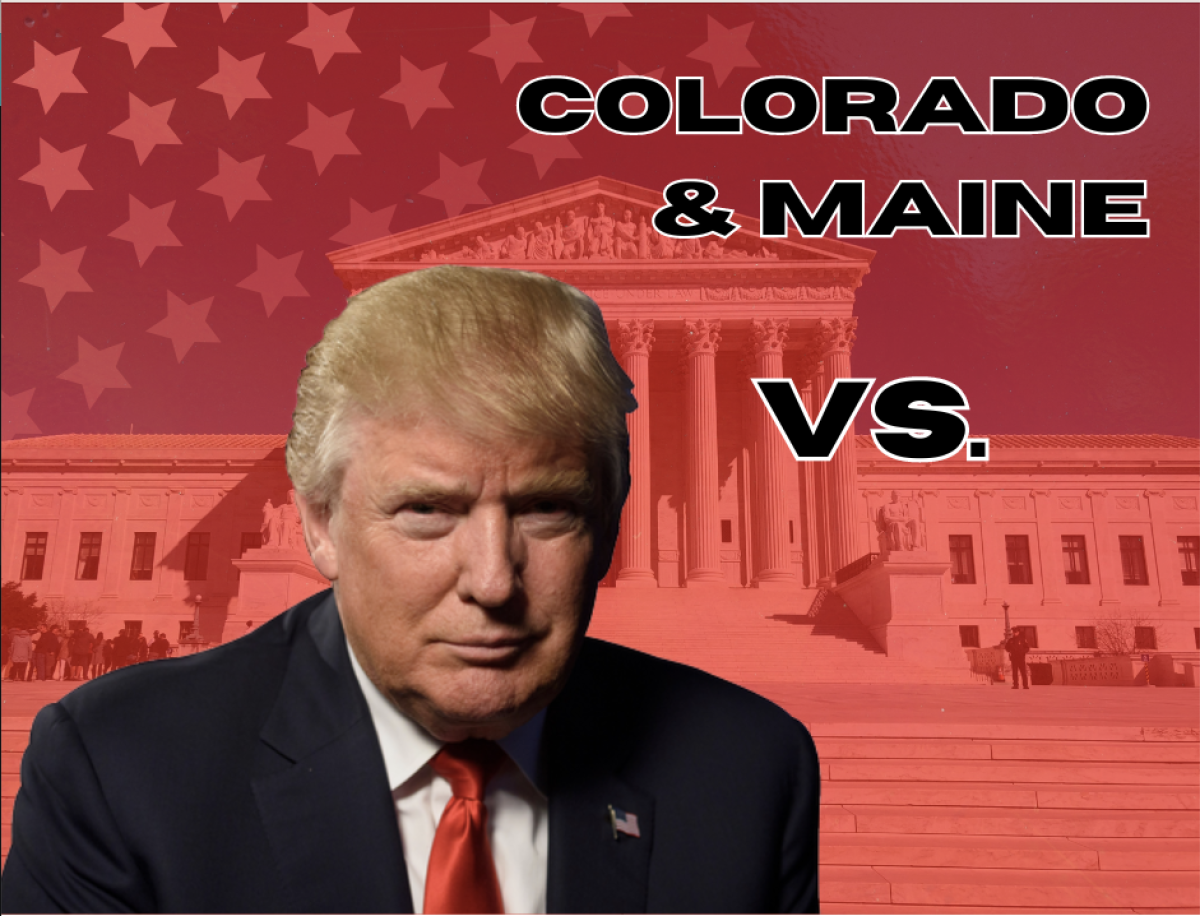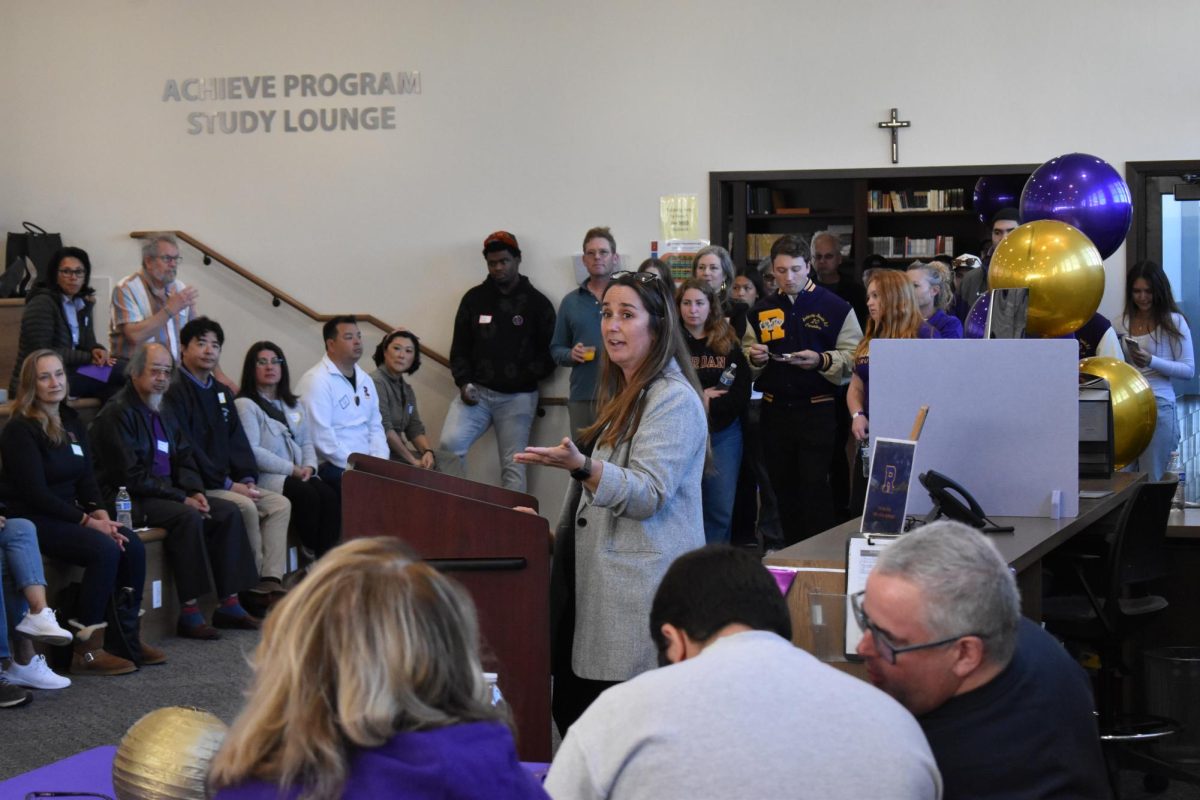On Dec. 19, 2023, the Supreme Court of Colorado removed former President Donald Trump from the presidential ballot. Ten days later on, Dec. 29, the Maine Secretary of State did as well. On Jan. 5, the case was moved up to the United States Supreme Court, while the official trial will commence on Feb. 8.
According to the New York Times on Jan. 24, “Efforts to disqualify him are underway in many more states, based on the clause of the 14th Amendment of the Constitution that disqualifies government officials who “engaged in insurrection or rebellion” from holding office.”
Investigations are still ongoing into former President Trump’s role in the insurrection that occurred over three years ago, but so far, the former president has not been convicted. Still, Colorado and Maine both see Trump’s actions as severe enough to argue for his removal.
The Colorado Supreme Court voted in a 4-3 favor for Trump’s removal, explaining that he shouldn’t be allowed to appear due to his role in the January 6th insurrection. Now the case is headed up to the U.S Supreme Court for further debate.
Meanwhile, Maine Secretary of State, Shella Bellows, took matters into her own hands and personally tried to have Trump disqualified from the ballot. Although the attempt was eventually halted by a state judge, Secretary Bellows was asked to revisit the issue after Colorado’s appeal. When she tried to appeal the ruling, it was later denied.
In total, 33 other states have challenged Trump’s presidential candidacy. Of those, 17 of the challenges have been dismissed, and 16 currently remain unresolved, most electing to wait until after the U.S Supreme Court’s decision on Colorado’s removal attempt.
Unfortunately for Colorado and Maine, they probably won’t be able to remove Trump this way.
According to social sciences teacher Jeff Isola ’98, “Colorado can’t use a federal statute to remove Trump from the state ballot.”
So, even if the state’s arguments are valid, legal restrictions will probably lead the U.S Supreme Court to nullify the disqualification.
Throughout all this political controversy, the debate of whether or not Trump should be on the ballot continues. Anthony Feng ’25 stated,“Trump should not be on the ballot because of his controversial foreign policy.”
Additionally, AJ Datoc ’27 explained, “He shouldn’t have access to the presidency due to violations of the nation’s press.”
As Americans await the U.S Supreme Court’s final verdict, whether or not Trump’s disqualification is desired, all citizens can all agree that we are in unprecedented territory.






